Manu Atelier: a lesson in thriving as a fashion brand despite the pandemic
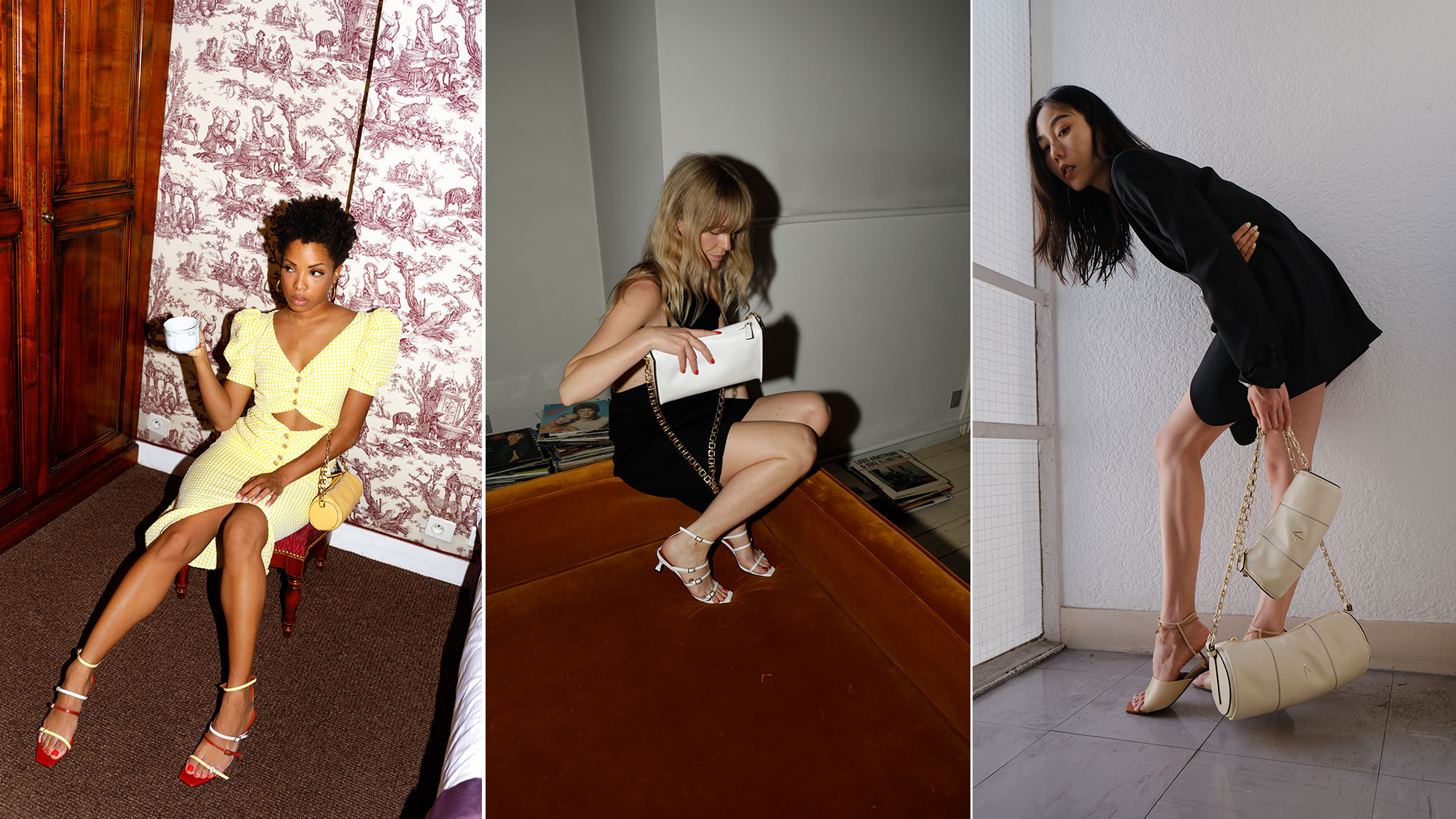
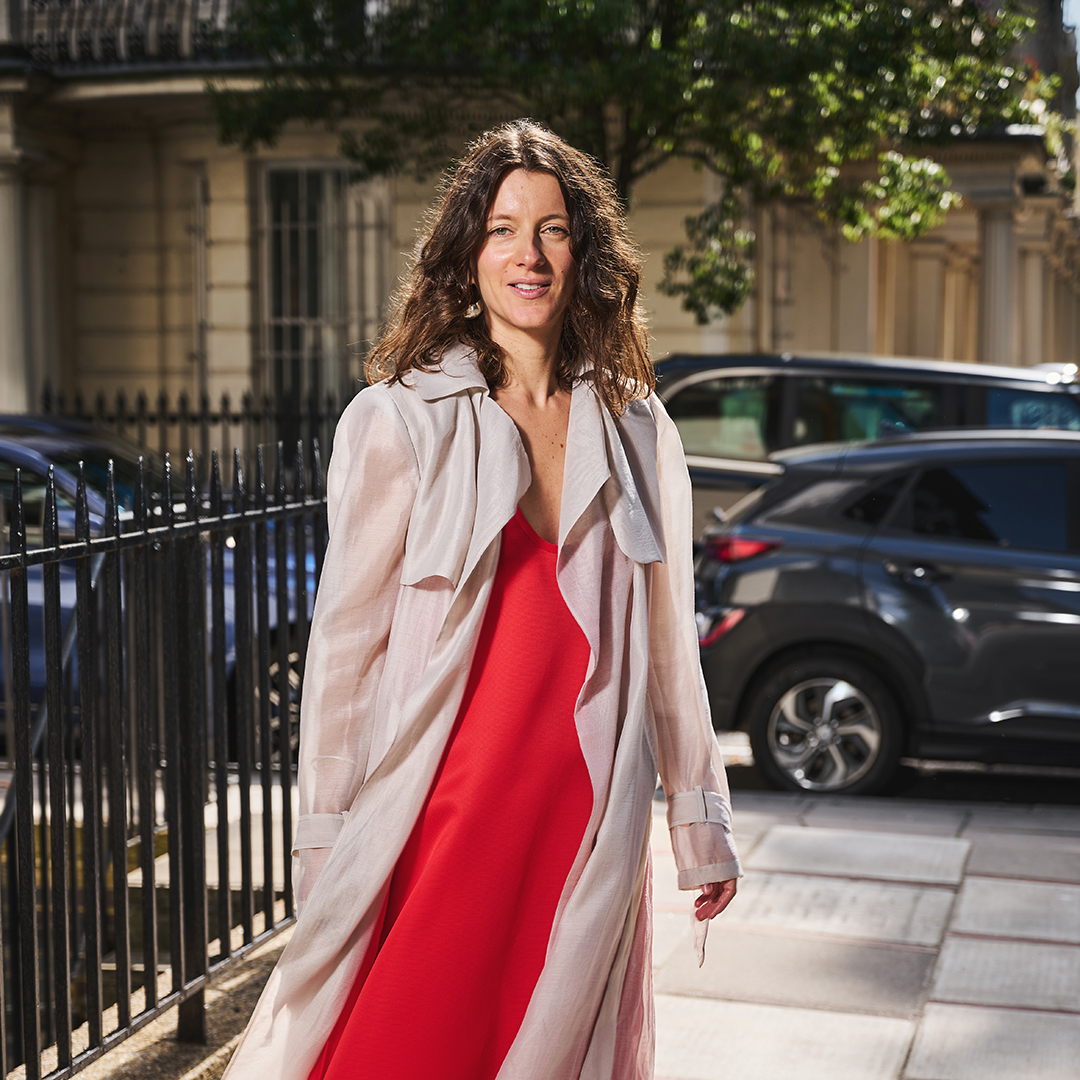
It is no secret that the global pandemic has hit fashion brands hard. With the UK now officially in a recession, and our shopping habits impacted by it (this is how much we've spent on clothes during the lockdown), some of our favourite high street stores are likely going to disappear, while even luxury brands are struggling.
However, cult handbag and shoe brand Manu Atelier has proven that it's not all bad, and that if you can adapt quickly enough and listen to your audience's needs, you can actually thrive. From generating at-home campaigns with famous influencers, to designing new styles that will stand the test of time, the brand's founders, sisters Beste and Merve have been extra reactive, and creative.
Here, they talk us through everything they've been doing in lockdown.
What challenges did you face with Covid-19?
We work with a very wide network from producers to retailers and Covid has affected every single part of that network. The final product goes through many different stages until its final release. From our side, we do have two different production houses: one in Turkey and one in Italy. We had to stop all of our production for months. The actual challenge started from the first link of the chain. However we learned how to recover quickly and turn this period into an advantage. As designers we appreciated this time to find a bit of headspace and research for our future collections and even maybe rethink our business model.
You adapted your digital campaign very quickly, inviting friends of the brand to pose at home. Can you tell me how that came about?
We were actually planning to organise a Summer trip with our #manuspeople community and celebrate our new collection properly as it has lots of newnesses. However, due to the current situation, it got cancelled and therefore we decided to create a digital project instead and work with the women who inspire us with their vision and their way of wearing and appropriating our pieces (main imaged, from left to right, Slip Into Style, Jeanette Madsen and Xiayan). It was a lovely way of showing a sneak peek of our Pre-Fall 20. It was really nice to see our new bags and shoes combined with everyone’s different styles. And it’s always inspiring to see our products on them. Apart from this project, we finally shot our AW20 campaign (below, styling by Alex Carl, photography by Lena C. Emery and model: Lola Nicon).
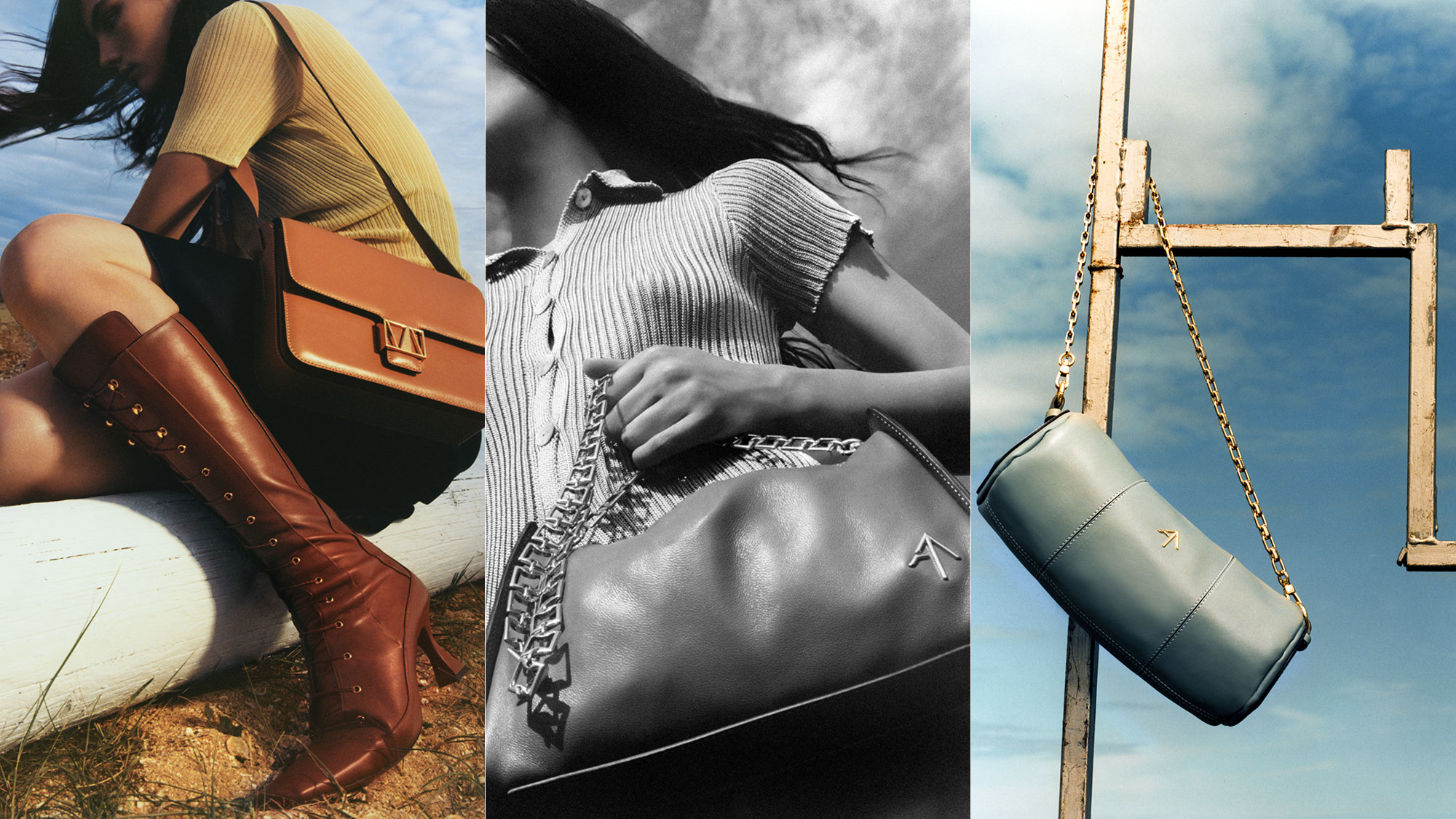
Has this served to highlight how important social media is for you as a brand?
Of course! We were always aware of it even before launching the brand in 2014, but we realised it again during this period. It is the way of direct communication for brands in today’s world and it’s really important to communicate with the people constantly and be transparent. There has to be a sincere bond between us and #manuspeople.
Although designed for women, men carry your bags too, is gender neutral fashion something you want to highlight?
Yes, it’s very exciting to see our bags on men as much as women. We did not set out with this aim, but we never made a sharp distinction on genders. It is a fact that we address our audience as #manuspeople since the beginning which also symbolizes our purpose to break down the gender walls.
Marie Claire Newsletter
Celebrity news, beauty, fashion advice, and fascinating features, delivered straight to your inbox!
I love the fact you updated old styles as part of your new collection, as well as introducing new designs. Is this a conscious move towards sustainable or season-less fashion?
During the design and production processes we always focus on creating long-lasting and timeless pieces. As a brand, we aim to create products that can accompany us all life-long. And yes, we believe sustainable thinking should be part of our lives. Next to new products, we will be keeping some of our signature models, revised with a little newness and continue to show them throughout the seasons.
SHOP MANU ATELIER'S AW20 COLLECTION HERE
You will be presenting your collection digitally at PFW, how do you feel about it?
Considering the current situations we will indeed present our SS21 collection digitally for the very first time. It’s difficult to comment on this because we have not experienced this yet. We are really excited and will see how it will end up. Still, we feel lucky that we are living in the digital age and still have the opportunity to present our collections, but we still believe in gathering with our international press, buyers and fashion community during actual presentations - showing them our new collection in person has a priceless taste and feeling.
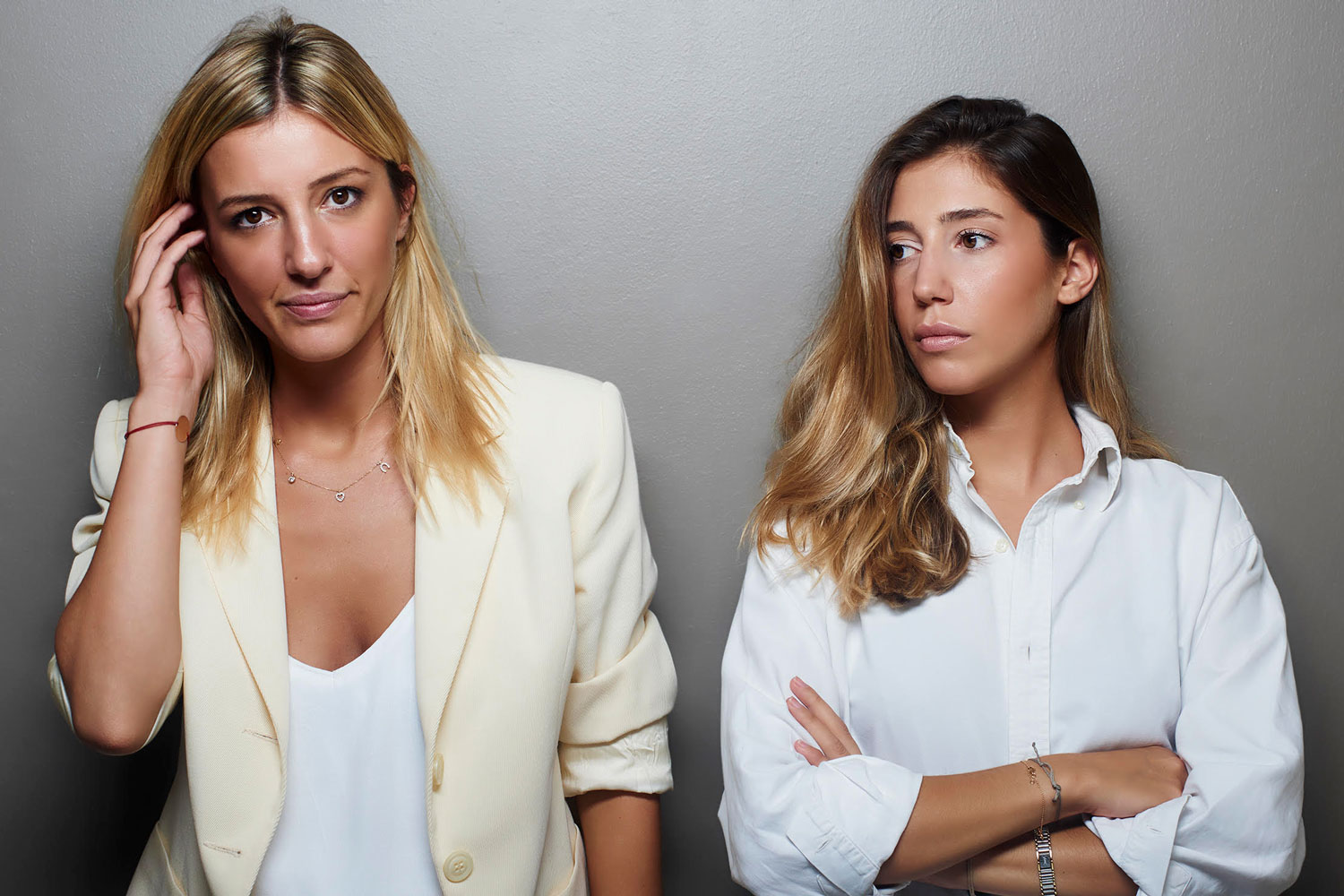
Do you think fashion as an industry will change due to the virus?
It has already changed and is currently transforming. We believe that these developments will be positive at some point, like raising awareness of some issues that drove our environment into a disaster. Even though it has become a trendy topic, the importance of the sustainability is now being reviewed and adopted by all brands. New age remote campaigns, digital presentations, runways and even digital events showed how fast the fashion industry can adapt to the unexpected situations and changes.
With that in mind, do you think you will change your own way of working?
Even during the normal circumstances we always valued the importance of digital projects and we will always keep them as a priority. Regarding production phases and techniques, we can say there will not be any dramatic changes in the near future. We aim to keep our ecological and sustainable cutting and production techniques as how we have been implementing them. Additional to this year’s changes we reduced to one collection from next seasons. Normally we were doing Pre-Spring collection, but this year we won’t have it.
Penny Goldstone is the Contributing Fashion Editor at Marie Claire UK. She writes about catwalk trends and the latest high street and Instagram sartorial must-haves. She also helms the Women Who Win franchise.
She has worked in fashion for over 10 years, contributing to publications such as Cosmopolitan, Red, Good Housekeeping, and Stylist.
-
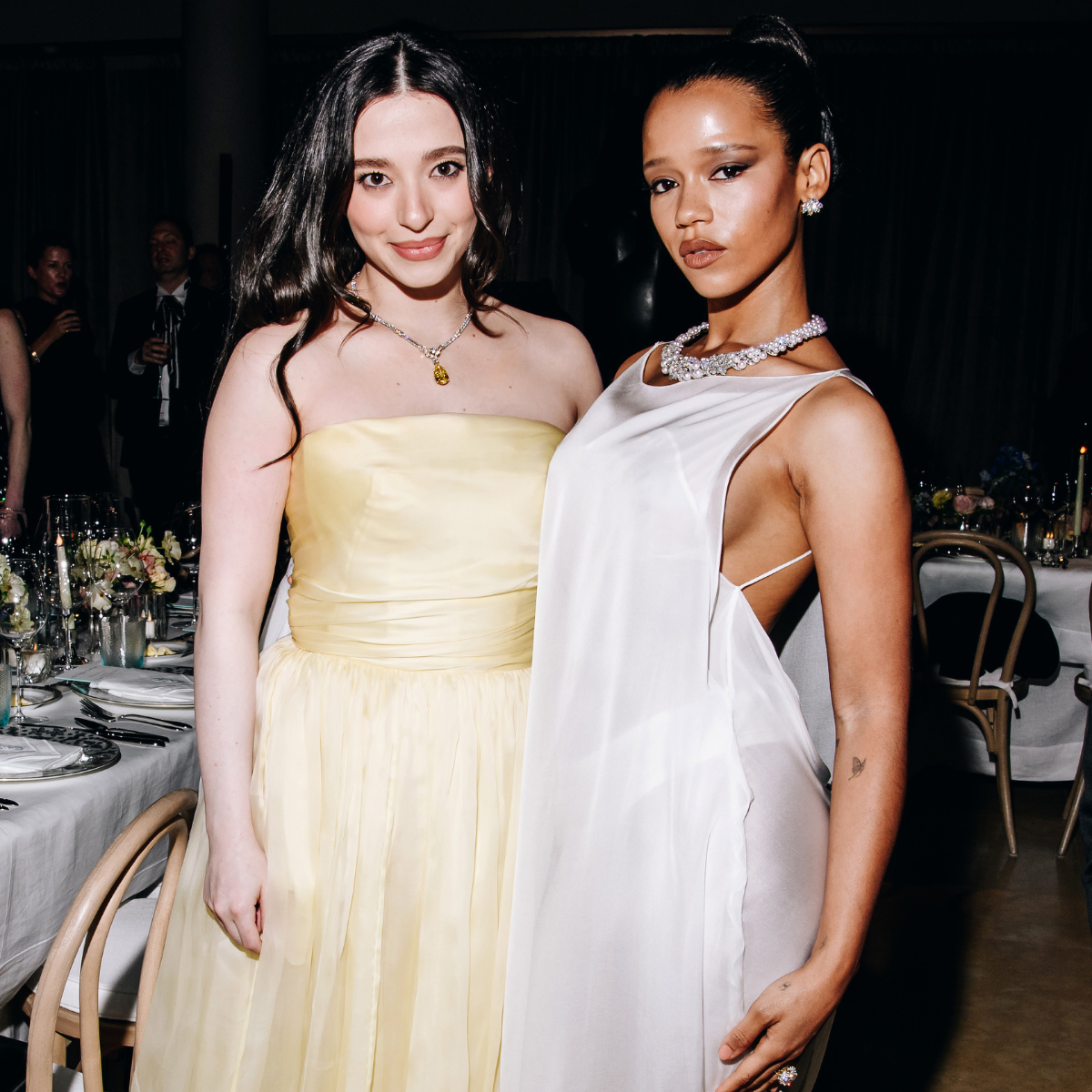 The 10 best dresses celebrities from Tiffany & Co.'s Blue Book 2025 Gala
The 10 best dresses celebrities from Tiffany & Co.'s Blue Book 2025 GalaCelebrating the brand's marine-inspired collection
By Sofia Piza
-
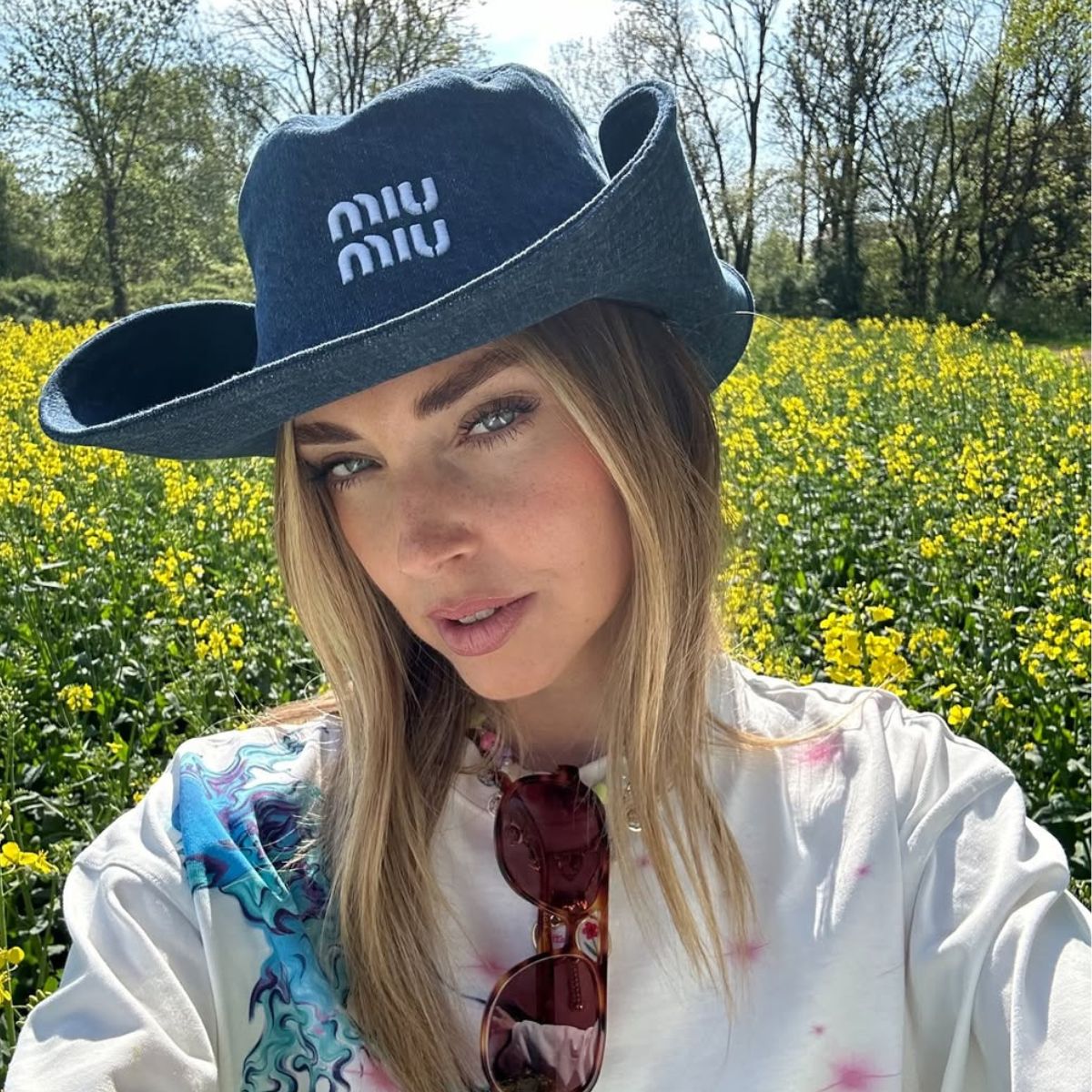 These are the 11 cult designer buys of spring 2025—and they're already selling out
These are the 11 cult designer buys of spring 2025—and they're already selling outFrom Miu Miu's must-have cowboy hat to Loewe's latest bag
By Clementina Jackson
-
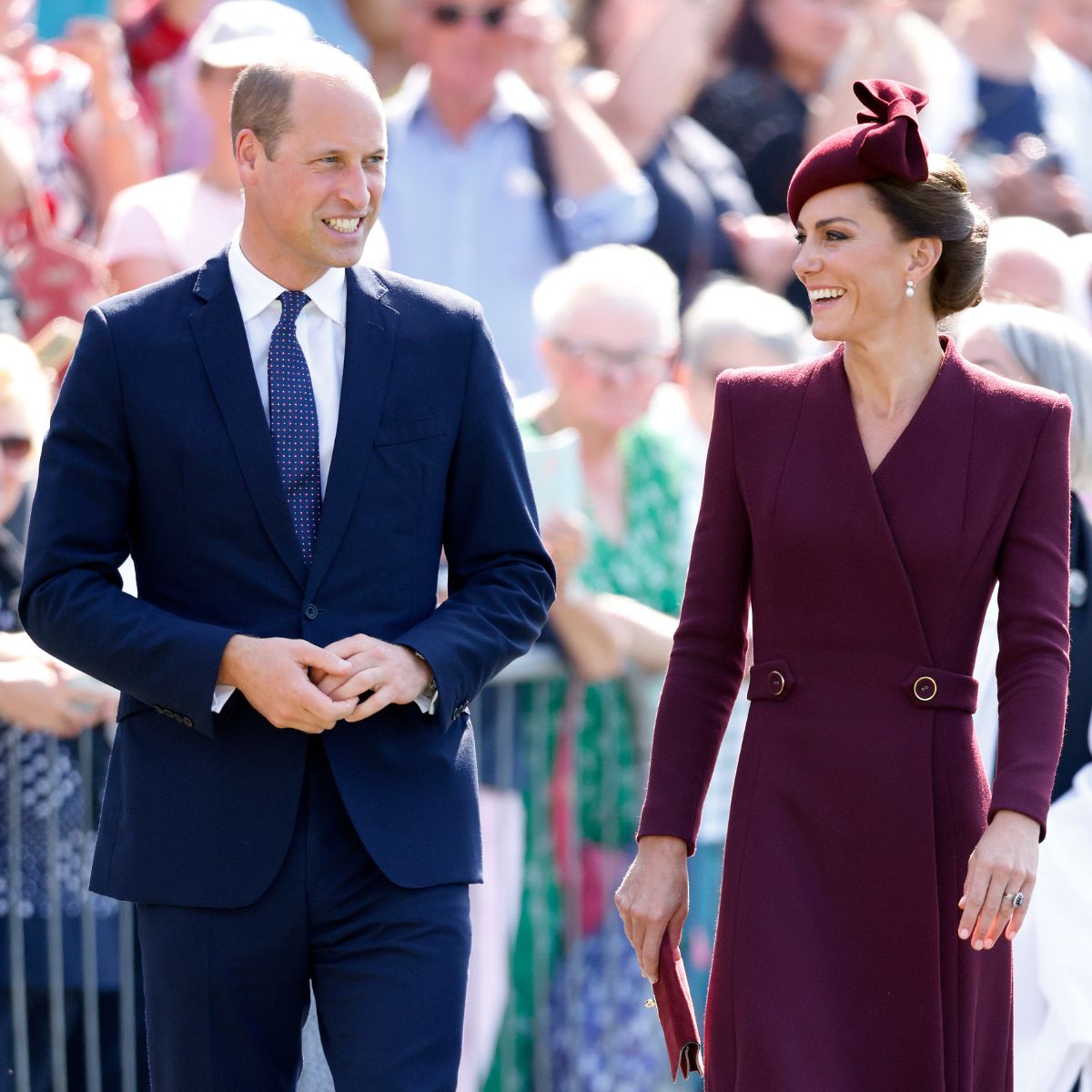 Prince William and Princess Kate have announced their 14th wedding anniversary plans
Prince William and Princess Kate have announced their 14th wedding anniversary plansBy Jenny Proudfoot